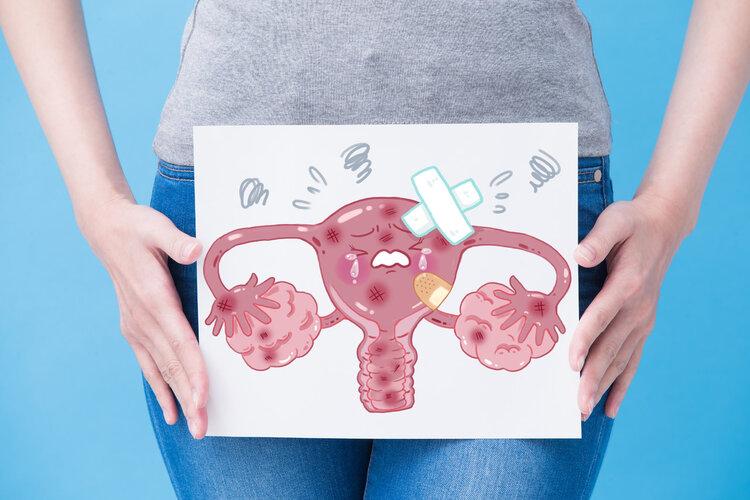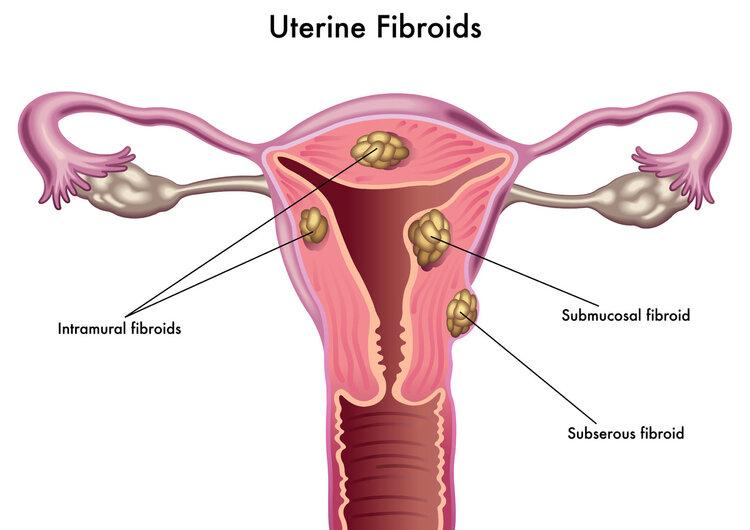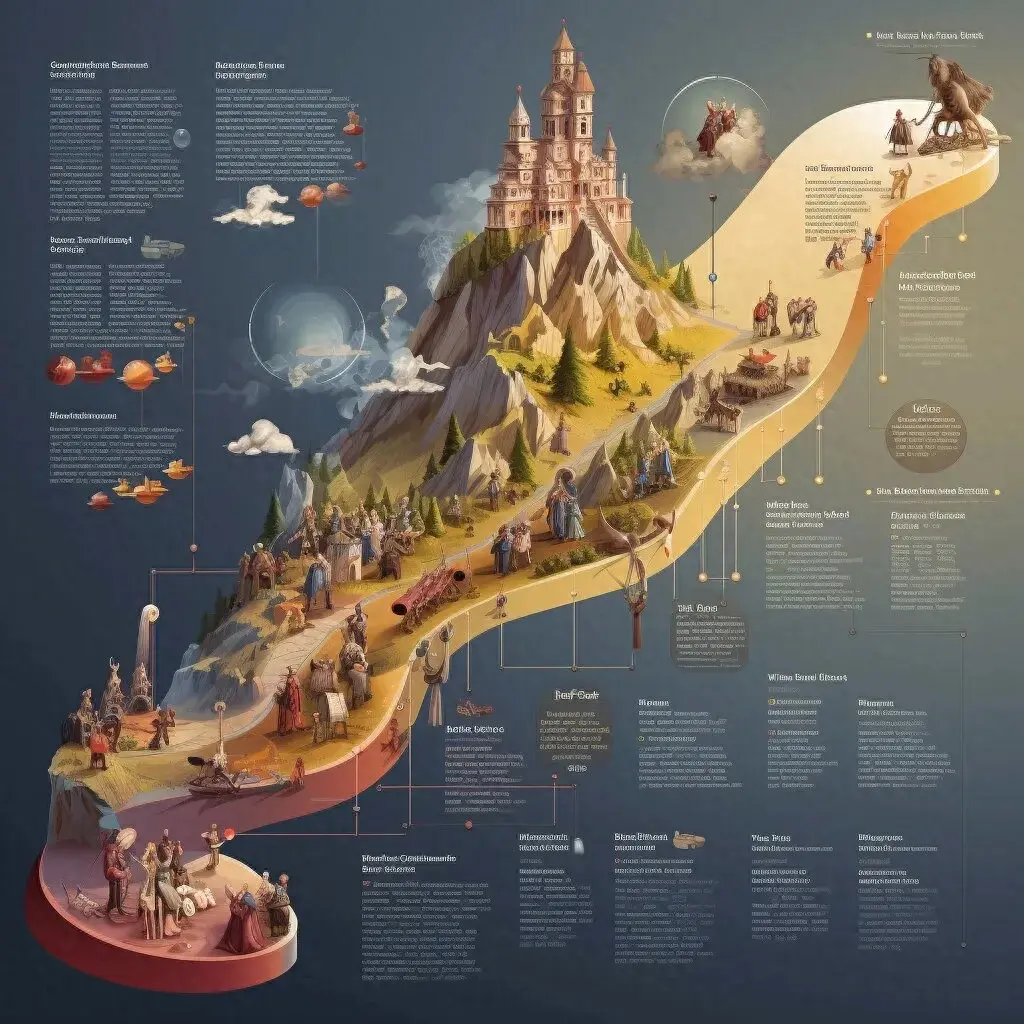The realistic echo and reflection of history
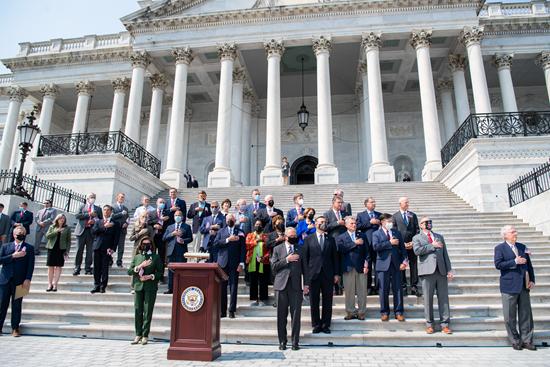
On September 13th, local time, in Washington, D.C., US congressmen attended the 20th anniversary ceremony of the September 11th terrorist attacks on Capitol Hill. Photo courtesy of people’s vision
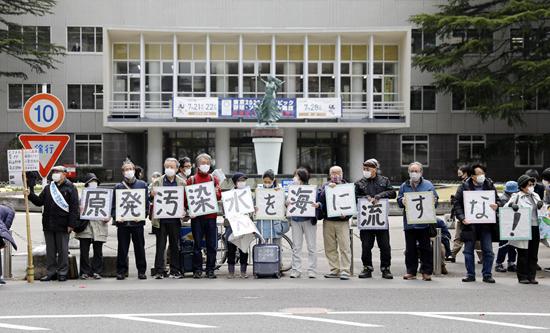
On April 13th, in Fukushima City, Fukushima Prefecture, Japan, a number of civic groups gathered in front of the Fukushima prefectural government, holding high slogans such as "Don’t discharge into the sea" and "People don’t support the decision" to protest the government’s decision to discharge Fukushima nuclear wastewater into the sea. Photo courtesy of vision china
The coming year 2021 is a year of complexity, disorder and ups and downs for the whole world. The COVID-19 epidemic runs through the whole year, with constant alarms, and many countries have opened and closed their doors; The game of great powers has spread to more non-traditional fields such as governance and technology; In the multiple crises, the international community has repeatedly made multiple-choice questions about "abnormal" and "new normal". Walking at the crossroads of development, "uncertainty" has become one of the most frequently used expressions.
Taking history as a mirror, we can know the rise and fall. When the world is experiencing a great change that has never happened in a hundred years, history has become the reference coordinate that we can choose for our annual resumption. Through the "anniversary" nodes of some international events in 2021, we may be able to find the realistic echo of history from far and near.
30 years after the end of the cold war, is the world more United?
Late at night on December 25, 1991, the Soviet flag was lowered slowly in the Kremlin. With the collapse of a "superpower" occupying one-sixth of the world’s land area, the cold war between the United States and the Soviet Union, which lasted for nearly half a century, also came to an end.
Although the Cold War has satisfied the ideological and geopolitical interests of the "superpower", the long-term confrontation between the East and the West has created a tragedy of division in Germany, North Korea and other countries. Wen Anli, an expert on the history of the Cold War and a professor at Harvard University, believes that the lessons left by the Cold War to today’s human society include that big countries need to regulate their own behaviors, respect each other’s core interests, and jointly contain and resolve regional conflicts.
However, the "new cold war" is gradually becoming a popular word in current international political life. There are constant comments that the United States, as a former winner of the Cold War, has been experiencing increasing strategic anxiety in recent years and is trying to push the most important international relationship in the 21st century-Sino-US relations to the so-called "new cold war".
Although this is inconsistent with the public statement of the Biden administration in the United States, this year, the United States has organized a so-called "democracy summit" and divided the world into two camps again. While piecing together the "small circle", I tried to maintain the dominance of the West with the practices of the Cold War. From the Group of Seven to the "Five Eyes Alliance", from the four-party mechanism of the United States, Japan, India and Australia to the tripartite security partnership between the United States and Britain and Australia, behind the United States, the "cold war-style" group politics reappeared.
As a result, people see a lot of history repeating itself. NATO, led by the United States, is breaking its promise to expand further, trying to contain Russia by taking advantage of Ukraine, which left Russia and entered Europe after the Cold War, and constantly speculating that Russia is assembling heavy troops and "preparing to invade Ukraine". British troops, tanks and equipment were ordered to return to Germany for fear that "Russia threatened the Baltic countries." Russian Deputy Foreign Minister Sergei Ryabkov has repeatedly compared the current situation with the Cuban missile crisis during the Cold War, when the world was on the brink of thermonuclear war, and it is still regarded as the most dangerous moment for human survival. According to Russian President Vladimir Putin, "the United States is on the old road of the Soviet Union with confidence and firm steps".
In 1991, 30 years ago, the Soviet Union was disintegrated under multiple shocks. Thirty years later, in 2021, which was started by the "riots on Capitol Hill", the United States fell into a social crisis and a stalemate in party struggle, and the gloom of the "lighthouse" became an indisputable fact. If the vision is long enough, it can be said that the United States is not the winner of the cold war, or that there is no winner in the cold war. When global challenges such as COVID-19 epidemic, climate change and digital security appear indiscriminately in front of all countries, multipolarization and cooperation beyond ideological differences are still the general trend of the international pattern.
Twenty years after the September 11th incident, is the world safer?
Twenty years later, the terrible flames of the World Trade Center Twin Towers in new york seem to be still in sight. However, the trial of the mastermind of the "9.11" incident is still pending, and the ghost of terrorism still lingers in the world. Open the "calendar of terrorist events" in 2021, and people will find one after another bloody records-
On February 22, a terrorist attack occurred in North Waziristan, northwest Pakistan, killing four people; On March 3, at least 8 people were stabbed in a suspected terrorist attack in Wetlanda, a city in southern Sweden. On June 5, a terrorist attack occurred in a village in northern Burkina Faso, Africa, killing at least 132 people; On July 14th, the Chinese commuter shuttle bus of Dasu Hydropower Station project in Cape Province, Pakistan suffered a terrorist explosion, killing 9 Chinese personnel and 4 Pakistani personnel. On August 26, two suicide bombings occurred near Kabul airport in Afghanistan, killing about 100 people, including American soldiers who were evacuating Afghanistan. On November 14th, a taxi exploded in Liverpool, England, killing one person and injuring another. On December 8, the French media revealed that the French anti-terrorism agency had foiled the fourth terrorist attack attempt this year …
The historical trend of the United States and the world changed to a great extent at the moment when the plane crashed into the World Trade Center Twin Towers. The Taliban in Afghanistan were accused of being the mastermind behind the September 11th terrorist attacks, and they provided shelter for bin Laden and Al Qaeda. Since then, the unipolar pattern of "dominating the world" in the United States after the Cold War has been seriously impacted. "Counter-terrorism" has become the first priority of the US government, which has driven the national strategic shift and launched the so-called "global war on terrorism". Afghanistan, Iraq and Syria have been plunged into wars one after another, with nearly one million people killed and tens of millions displaced.
In August this year, the United States withdrew from Afghanistan out of the strategy of turning to great power competition, and the Taliban announced the establishment of the "Islamic Emirate of Afghanistan". After four presidents, the United States "successfully" changed the Afghan regime from "Taliban" to "Taliban", leaving behind devastation in Afghanistan. The "war on terrorism" started by Americans since the "9.11" incident ended up with a reputation of "more anti-terrorism".
The analysis believes that the withdrawal of troops from Kabul, which is comparable to the "Saigon moment", highlights the misjudgment of American foreign policy and the lack of strategic preparation. The U.S. military unilaterally withdrew from Afghanistan in order to protect its own security, which led to a serious crisis of trust between the United States and NATO. The Washington Post published an editorial on the eve of the 20th anniversary of the September 11th incident, pointing out that "it is undeniable that the United States has gone in the wrong direction in strategy, tactics and morality in the past 20 years".
Ten years after the Fukushima nuclear accident, is the nuclear cloud farther away from mankind?
Another concept closely related to terrorism is "nuclear". There is a scene in Operation Red Sea, a domestic film released in 2018, in which terrorists attempt to seize nuclear materials and get the technology to make "dirty bombs", and the result is destroyed by special warfare players, thus smashing the terrorists’ plot.
Nuclear weapons have great power and are regarded as the material basis of nuclear war and strategic deterrence by nuclear-armed countries. According to the annual report released by SIPRI in Sweden in June this year, by the beginning of 2021, the nuclear-armed countries had 13,080 nuclear warheads, a slight decrease compared with last year, but both the number of deployable nuclear warheads and the number of actual deployments have increased; The number of nuclear weapons in India, Pakistan, Israel and North Korea has increased to varying degrees. The report also pointed out that the United States and Russia, as two nuclear powers with the vast majority of nuclear warheads in the world, still have absolute nuclear superiority, and the number of nuclear warheads in the two countries accounts for about 90% of the global total.
Some nuclear-armed countries continue to strengthen their nuclear forces. In February this year, the French Ministry of National Defense announced the official launch of the third-generation strategic missile nuclear submarine R&D and production project, which is planned to be put into use in the 1930s. In March, Britain announced in its national defense policy document that it planned to substantially increase its nuclear arsenal. In September, the United States, Britain and Australia signed the trilateral security alliance agreement (AUKUS), and Britain and the United States will help Australia build nuclear submarines. At the same time, nuclear exercises have caused more concerns. In November, Russian Defense Minister shoigu accused American bombers of conducting nuclear strikes against Russia from two different directions in early November, and these bombers even flew within 20 kilometers from the Russian border. At the end of the year, more than 600 American scientists and engineers jointly sent a letter to US President Biden, urging the government to abandon the nuclear arms race.
Nowadays, the public talk about the "nuclear" discoloration is also a product of the cold war between the United States and the Soviet Union to a certain extent. During the Cold War, both the US and Soviet camps vigorously developed nuclear armament. For political purposes such as "nuclear blackmail", the media reported the destructive power of nuclear energy and the long-term impact of nuclear pollution. In 1986, there was a loud noise in the No.4 reactor of the Chernobyl nuclear power plant in the Soviet Union, and millions of people were affected by radiation. Thirty-five years later, 2,600 square kilometers around Chernobyl is still a "forbidden zone".
In 2021, the safety issues related to "nuclear" caused widespread discussion, and it was also because of another real event that passed through the historical tunnel: on March 11th, 2011, 10 years ago, a 9.0-magnitude earthquake broke out in the northeastern waters of Japan, and at the same time triggered the largest tsunami in Japan’s history. The tsunami washed away the flood levees of the Fukushima Daiichi nuclear power plant, and the cores of units 1-3 of the nuclear power plant melted and radioactive materials leaked, thus making Fukushima nuclear wastewater a global hazard.
Grossi, Director General of the International Atomic Energy Agency, said on the occasion of the 10th anniversary of the "March 11th" earthquake this year that the Fukushima nuclear accident left an important lesson for the world, that is, it is necessary to strengthen supervision. However, just one month later, on April 13th, the Japanese government made a decision to filter and dilute the Fukushima nuclear sewage and then discharge it into the sea. Although Japan claims that the treated nuclear wastewater meets international standards and will not affect human health, Japanese official documents show that 750,000 tons, or 84%, of the 890,000 tons of accumulated water stored at the Fukushima nuclear power plant at that time contained radioactive substances above the legal limit.
The international community, including the Japanese people, has always expressed concern and opposition to this. Some research results show that the radioactive materials produced by the accident at Fukushima nuclear power plant have spread to the whole North Pacific Ocean and even affected the Arctic Ocean. However, in December this year, the Tokyo Electric Power Company still insisted on submitting an application to the Japanese government for the discharge of nuclear waste water from the Fukushima nuclear power plant, and planned to officially start the discharge procedure. The latest development of the incident is that, due to the spread of Covid-19 mutant Omicron, the visit time of the investigation team of the International Atomic Energy Agency was postponed from mid-December 2021 to January 2022.
Ten years after the Arab Spring, has the "Spring" in the Middle East arrived?
At the end of 2010, the self-immolation of young Tunisian vendor Bouajiji ignited the Arab Spring. Fueled by the United States and other western media and politicians, this so-called "democracy movement" quickly spread from Tunisia to Egypt, Libya, Bahrain and other countries, and several countries in the Middle East and North Africa experienced regime changes, and Syria, Yemen and other countries fell into a long-term civil war. The "Arab Spring" is also called "the upheaval in the Middle East". Since then, the Arab world has planted the evil seeds of the "color revolution" and fallen into the haze of economic stagnation, social unrest, frequent wars, depressed people’s livelihood and intensified humanitarian crisis. Ten years later, Eric Denece, a French geopolitical expert, admitted that the Arab Spring was a lie.
Only Tunisia, the birthplace of the Arab Spring, achieved peaceful evolution at that time. The fall of former President Ben Ali, who had been in power for more than 20 years, once became a "model of democratic transformation" in the mouth of foreign media. However, since 2011, Tunisia, which was caught in a political party dispute, has experienced at least nine governments, and its economy has not recovered, and the government faces huge debts. As the only "successful country" in the Arab Spring, Tunisia suffered a political "earthquake" in 2021: since July 25th, people marched and protested, President Said announced the freezing of all functions and powers of parliament and the dismissal of Prime Minister Mehmet, the military surrounded the parliament building and banned the speaker from entering, and a curfew was imposed throughout the country … The western media, which once created the "Tunisian democracy myth", quickly characterized the situation in Tunisia as "the return of dictators" and even.
The chaos in the Middle East was largely the result of colonialism in the First World War. Coupled with the large-scale discovery of oil as a strategic resource in the Middle East in the 1920s, frequent geo-security crises became the most prominent feature in the Middle East. With all parties scrambling to fill the regional power vacuum caused by the strategic contraction of the United States, the old order has been destroyed, and the new order has not yet been established. Turbulence, disorder and out of control have become the norm in the Middle East for many years.
Since the beginning of this year, the United States has ended the war on terrorism like a "baggage", causing a sudden tension in the security situation in Afghanistan and its surrounding areas; The Palestinian-Israeli conflict intensified again, and a large-scale conflict broke out in the Gaza Strip during Ramadan. The civil war in Syria and the war in Yemen are still not over, and external countries continue to use the two battlefields for game wars … At the same time, Iraq hosted a conference on cooperation and partnership in Baghdad, showing "Middle East reconciliation"; At the end of the year, when the negotiations between Iran and other interested parties on returning to the Iranian nuclear deal were deadlocked, Tanon, the national security adviser of the United Arab Emirates, made a rare visit to Iran, and the Israeli Prime Minister officially visited the United Arab Emirates for the first time in 73 years since the founding of the People’s Republic of China. A new round of strategic reshuffle in the Middle East seems to be brewing.
History is unfinished, what will happen in 2022?
Mark Twain famously said, "History will not repeat itself, but it must have its rhythm." In 2021, expressions related to "historical lessons" appeared in the memorial node of almost every historical event mentioned above. History will not give mankind a clear and standard blueprint for action, but it will leave many lessons and warnings that countries can freely choose according to their own political reality and ideology. Therefore, the torrent of social development is rolling forward, but it seems that there are often cycles in the process. The "history" of natural development is in a state of "to be continued".
For many western countries, 2021 is a year worthy of reflection. Not only because of the so-called historical "cycle", but also because many countries have the opportunity to start again in 2021, but there are no signs of optimism.
In January this year, after the presidential election dispute and the "riots on Capitol Hill", US President Biden was sworn in with a sense of urgency of "calling for unity". One year later, the partisan struggle still plays the "leading role" in American politics, hindering the legislation on epidemic relief, infrastructure construction, social welfare bill, government debt ceiling and other aspects of American economy and people’s livelihood.
Also in January this year, Britain officially "Brexit" and left the European single market and customs union. The 11-month transition period will come to an end on December 31 this year, and the cumbersome examination and approval procedures and customs inspection procedures for British-European trade are still impacting many enterprises. David fuster, Britain’s Brexit Minister, who is the soul of coordinating Brexit affairs with the EU on behalf of Prime Minister Johnson, recently confirmed his resignation because of his dissatisfaction with the Johnson administration. Johnson, the prime minister who came to power because of "Brexit", is currently experiencing the biggest ruling crisis since he took office because of his ineffective response to the COVID-19 epidemic and private scandals.
Therefore, the trend of "East Rising and West Falling" was mentioned again at the end of the year. When the process of globalization is progressing in twists and turns, China put forward a global development initiative for the first time-insisting on development priority, people-centered, inclusive, innovation-driven, harmonious coexistence between man and nature and action-oriented, calling on all parties to jointly promote global development to a new stage of balance, coordination and tolerance. The recently released Yellow Book on the International Situation: Global Politics and Security Report (2022) points out that the international situation continues to rise in the east and fall in the west, and China’s ability and willingness to effectively cope with the game between big countries and participate in global governance continue to increase.
What kind of 2022 should the world expect?
On December 28th, UN Secretary-General Guterres said in his New Year speech in 2022 that people should devote themselves to making 2022 a "year of recovery". He said that the moment facing great difficulties is also a moment full of great opportunities. Grasping this opportunity means solidarity and mutual assistance, helping each other in the same boat, supporting solutions that can benefit everyone together, and moving forward hand in hand with full hope for the outstanding ability of the human family. Therefore, the spirit of dialogue, compromise and reconciliation needs to be revived.
Coming from history, an uncertain trust and hope is indispensable in the choice.
Beijing, December 29th
Zhongqingbao Zhongqingwang reporter Ma Ziqian Source: China Youth Daily
